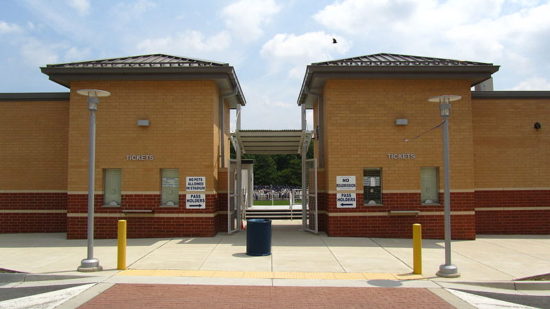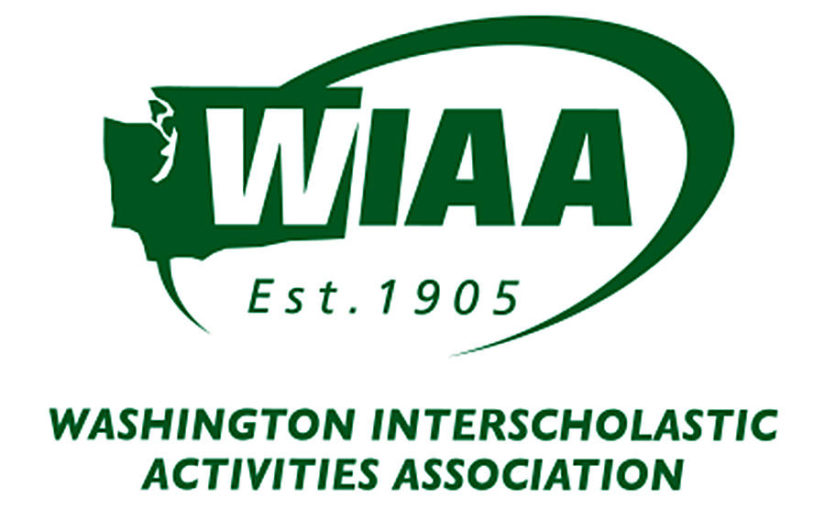12 tips to perfect your ticket-selling process
Many things that we do as athletic directors are not especially exciting. Most of our responsibilities and duties actually involve mundane little tasks that have to be completed in order to keep our programs running. It is, however, important to put thought into these required duties to improve your efficiency and to do a better job.
 One of these unassuming tasks is the necessity of selling tickets at your various venues. Since, in our setting, we usually have a number of different teachers filling the ticket-selling positions throughout the year, we prepared a simple instruction sheet, which is placed in each change box and posted in the ticket booth. Whenever there’s doubt, this brief cheat sheet provides a little comfort for our personnel to help with this important duty.
One of these unassuming tasks is the necessity of selling tickets at your various venues. Since, in our setting, we usually have a number of different teachers filling the ticket-selling positions throughout the year, we prepared a simple instruction sheet, which is placed in each change box and posted in the ticket booth. Whenever there’s doubt, this brief cheat sheet provides a little comfort for our personnel to help with this important duty.
Ticket-selling tips
1. Changing color. Use different colored tickets, if you can, for events which may take place a day or two later. Even though individual tickets are usually numbered, a different color prevents a fan from trying to use a ticket purchased earlier in the week for entry into another event.
2. Find a sponsor. Try to find a sponsor who will actually pay for the printing of your tickets. While tickets are not extremely expensive to print, why not take advantage of this one small cost-saving effort?
3. Re-entry. Change the hand stamp used for re-entry into an event. A few years ago, one fan didn’t wash his hand after the Friday session of a two-day wrestling tourney and attempted to enter on Saturday by showing his stamped hand. While there are pros and cons to allowing fans to re-enter a contest, a different hand stamp makes the job easier for your ticket sellers to detect.
4. Advanced sales. Use advanced ticket sales for contests in which you anticipate a sell-out. Having to turn away unhappy fans once a venue is filled to capacity can be a difficult task and may necessitate having a police presence at your entrance. Sending a designated number of tickets to your opponent and selling your allotment ahead of time also helps prevent problems.
5. Turn on the TV. Use a closed-circuit television in the cafeteria or auditorium, if you have the capability, for anticipated sell-outs. While this approach may pacify some of the fans who would be unable to gain entry into the actual contest, you also can sell discounted tickets for this secondary venue and add a little more to your evenings gate.
6. Price signs. Post signs at your ticket booth or table indicating the ticket prices. In our area, we have a county-wide standard price for regular-season contests and different prices for playoff games and tournaments. We have separate signs for each of these ticket prices and we hang them before each contest.
7. Other signage. Also put signs by the ticket window or table indicating that food and beverage are not allowed in the gymnasium — providing these are part of your expectations. It’s helpful and important for everyone to know these regulations before they actually purchase their ticket. These signs also are necessary if you later have to remind someone that they need to eat their food in the lobby area.
8. Coaches need passes. Display a sign indicating that coaches only are admitted by showing their coach’s pass and signing the sheet at the ticket booth. If the coach doesn’t produce a pass, that coach pays to get into your venue. With more than 1,500 coaches in Baltimore County, for example, no ticket seller — or athletic director, for that matter — can be expected to know every one of them.
9. Security. Try positioning a police officer or other security personnel at your ticket booth. Take this precaution not only due to the money involved but to also prevent abusive comments by some disgruntled fans. Some fans coming from schools that are not common opponents may complain, “Gee, we don’t have to pay at our school.” Or, “This is ridiculous that we have to pay to see our daughter play in a junior-varsity game.”
10. Proactive measures. Take proactive steps to inform visiting fans that you sell tickets at your venues the cost for entry. For one school whose fans often caused problems, I actually sent a letter to the athletic director asking him to inform his coaches and parents of our policies and procedures. On the evening of the contest, I had a supply of photocopies of this letter to distribute to any of their fans who raised a ruckus.
11. Sell until the final horn. Consider selling tickets throughout the entire contest. Stopping sales in the third quarter, for example, may encourage individuals bent on being disruptive to enter.
12. Use caution. Ask one of your police officers or security personnel who are on duty to escort you back to the school to lock up the gate receipts. Don’t take a chance of going alone, even in well-lit and normally serene settings.
While selling tickets at your venues does not constitute rocket science, a little thought and preparation can make it better.
David Hoch, CMAA, has 16 years of experience as a high school athletic director and served for 12 years as the executive director of the Maryland State Coaches Association. In 2000, he was named Athletic Director of the Year by the Maryland State Athletic Directors Association. His column, A.D.ministration, focuses on issues in athletic administration and appears regularly in Coach & Athletic Director magazine.





